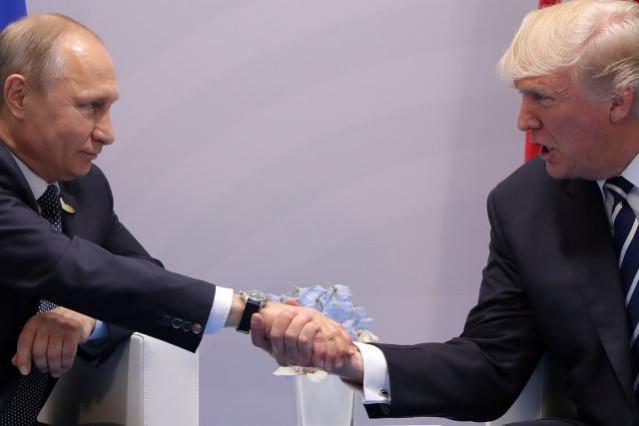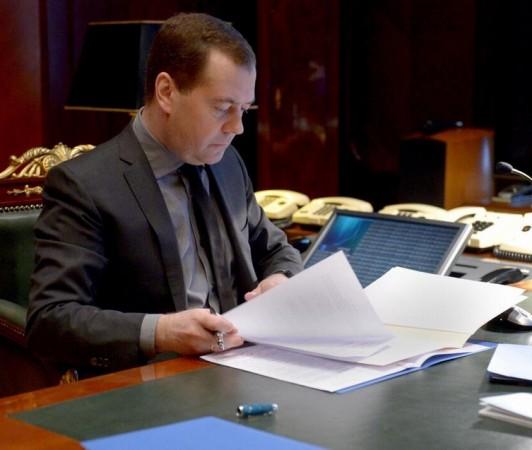US President Donald Trump hit a wall when he had to sign reluctantly into law new sanctions that the country's Congress had approved of by an overwhelming majority. The latest sanctions were a punishment for Russia's alleged interference in the 2016 presidential polls in the US. Trump had always said that he is in favour of improving ties with Moscow, one of Washington's prime enemies since historical times, and who the Kremlin had also banked on hoping that it was on track to avenge the defeat of the Cold War by outsmarting the superpower's leadership.
The wishful thinking of Trump, an outsider in the establishment, to have better relations with Russia is understandable. The controversial president also stayed close to reasoning when he said such sanctions will only bring countries like Russia, China and Iran (the latest sanctions also aimed at Iran and North Korea) closer.
Successful democracies are run by institutions, not individuals
But Trump, and for that matter his friend Vladimir Putin, failed to understand that democracies are run more by institutional rules than personal preferences – good or bad. In a way, both Trump and Putin saw their aspirations being grounded by the theory of checks and balances, a key tenet of democratic governments articulated by our forefathers.
Now that the sanctions have already been passed, Trump is going to pay the price of not conforming to the structural theory of politics and international relations that say that it is the structure which determines the actions and not vice versa. Trump might be a manifestation of the undercurrents in America's domestic life but in foreign affairs, he can't really turn the traditional policies around, as the latest episodes have proved.

Moreover, the president's non-stop nonsense has created such an atmosphere of chaos that an innovative thinking in the foreign affairs is getting dubbed as trivial and of no consequence. Trump has only himself to blame if he could not push through a rapprochement with the Russians, something his predecessor Richard Nixon had done with the Chinese in the early 1970s, because he always allowed people to treat himself as a clown.

Trump now has the risk of becoming a loner. He never had much of a company in US for his bizarre and aggressive conduct and now the Russians are certainly going to be less impressed with him.
Russian PM blasted Trump administration
Russian Prime Minister Dmitry Medvedev has already blasted Trump for surrendering before the Congress and said the hopes of improvement of relations between the two countries were over. He also said the sanctions bill would only ignite an all-out trade war between the two sides. Trump has also been losing trust among the people over his 'suspicious' dealings with the Russians, which poses a threat to his image as a leader who could make America great again.
In foreign affairs, too, the US now stands a risk of isolating itself in a strategic sense as the sanctions will only strengthen the bonds between its rivals. It is disappointing to see that Washington still treats the world as if it is the days of the Cold War and it can force regimes to surrender to its terms.
US can't even rein in North Korea, forget Russia
The regime of Kim Jong-un in North Korea is an example of the growing democratisation of projection of national power across the globe. The US has not been able to rein in the small pariah state despite all the threats. How much can it really succeed in taming a resurgent Moscow, a much bigger power than Pyongyang?
Trump, for a change, was right but he has been wronged by the Congress.














